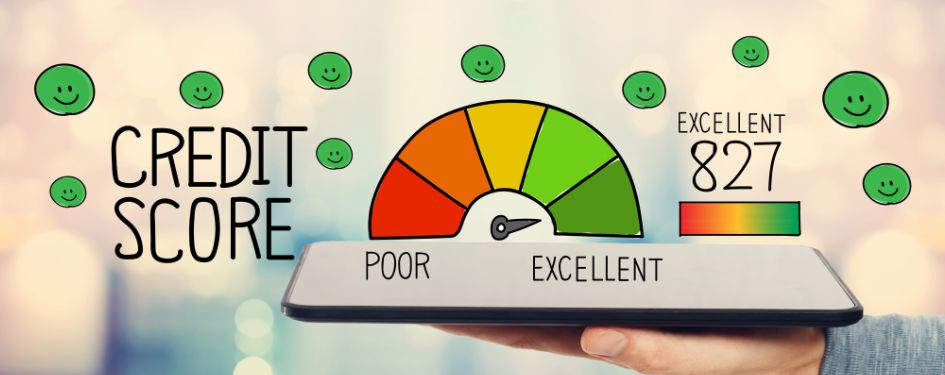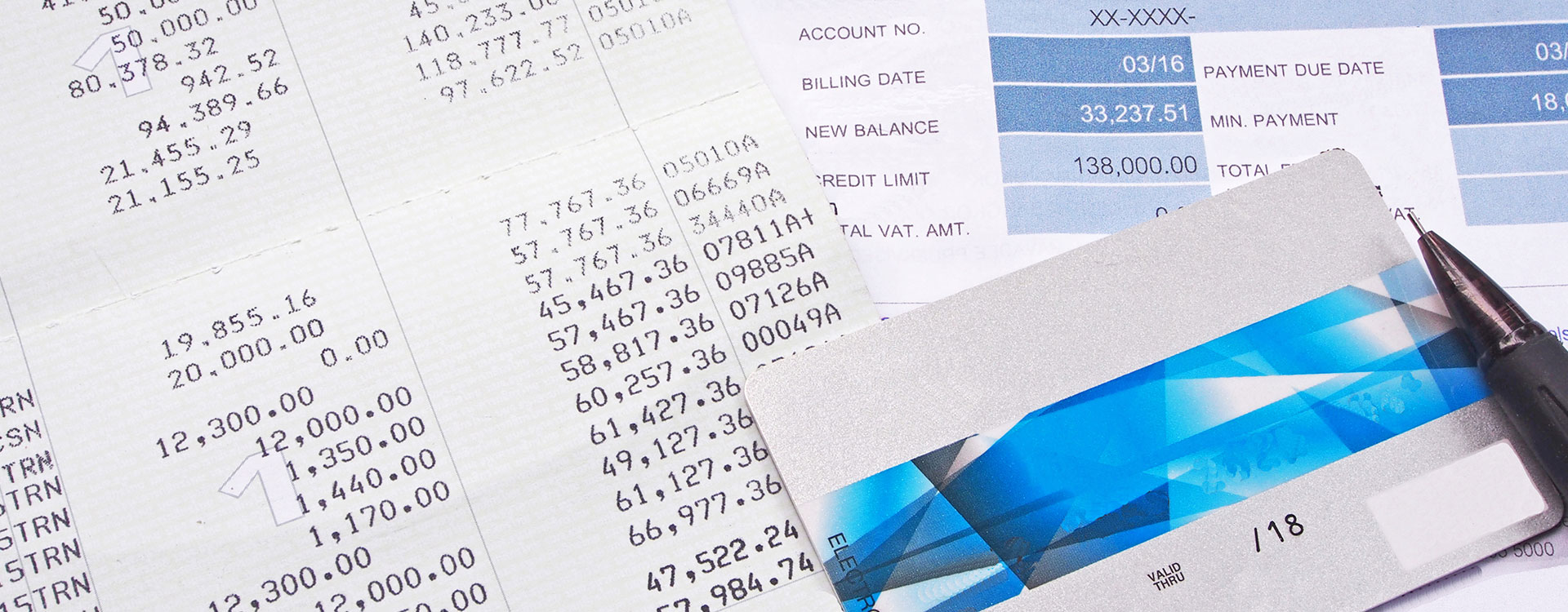Building credit to qualify for a loan can be challenging for some, but there are steps you can take to improve your credit score.
In the complex game of credit scoring, finding yourself with a less-than-ideal number (say, below 670) can feel like you’re wearing a sign that signals to lenders: proceed with caution.
So, even if you don’t have a great credit score right now, and you know you’ll likely need a personal loan 6-24 months from now, you can get a jump start on improving your credit. This way, when you finally do apply for a loan, you have a much better chance of getting it!
KEY TAKEAWAYS:
- The first, and most important step to improving your credit score is to get copies of your credit reports and fix any errors that you might find.
- Identify any delinquent accounts that are lowering your credit profile and resolve to pay them off as soon as possible.
- Secured credit cards or loans with a co-signer can provide a stepping stone to rebuilding your credit profile.
- Debt consolidation can be a powerful tool in your credit repair arsenal, offering a strategic approach to tackling multiple debts with high utilization ratios.
Below, you’ll discover five simple steps you can take today that could raise your credit score and set yourself on the path to financial well-being, along with helping pave the way for favorable loan offers and lower interest rates.
Step #1: Fix Any Errors On Your Credit Reports
Mistakes happen, even in the meticulous world of credit reporting.
Your first course of action should be scrutinizing your credit reports from the major credit bureaus: Equifax, TransUnion, and Experian.
Carefully examine each detail, from personal information to financial history, and flag any inaccuracies or discrepancies. These could range from erroneous late payments to incorrect account balances.
If discrepancies are identified, promptly file a dispute with the respective credit reporting agency to rectify the errors and ensure that your credit information accurately reflects your financial standing.
Step #2: Negotiate With Your Existing Creditors
Addressing outstanding debts head-on is crucial to improving your credit score.
Identify the delinquent accounts that are casting a shadow over your credit profile and devise a repayment plan to settle them. Engage in open dialogue with your creditors, explaining your financial circumstances and proposing a viable repayment strategy.
Often, creditors may be receptive to negotiating a revised payment plan or even removing negative marks from your credit report as a goodwill gesture once the debt is resolved.
Prioritize paying off these debts systematically, focusing on the ones with the most significant impact on your credit score.
Step #3: Establish New Credit Accounts (If It Makes Sense)
While it may seem counterintuitive, acquiring new lines of credit can be instrumental in enhancing your credit score.
If you lack a substantial credit history or have experienced financial setbacks, obtaining new credit may be challenging.
In such cases, exploring options like secured credit cards or loans with a co-signer can provide a stepping stone to rebuilding your credit profile.
Remember, the key is to utilize credit judiciously and responsibly, only borrowing what you need and demonstrating consistent repayment behavior.
Step #4: Manage Your Credit Wisely
Effective credit management entails striking a delicate balance between credit utilization and responsible spending.
Aim to keep your credit utilization ratio—the ratio of your credit card balances to credit limits—below 30% to signal to lenders that you are a responsible borrower.
Embrace disciplined spending habits, adhering to a budget and making timely payments to avoid accruing excessive debt. Consider automating your payments to ensure consistency and minimize the risk of missed deadlines.
Remember, the goal is not just to accumulate credit but to wield it judiciously to your advantage.
Step #5: Pay Off All Or Most Of Your Old Balances
Debt consolidation can be a powerful tool in your credit repair arsenal, offering a strategic approach to tackling multiple debts with high utilization ratios.
By consolidating your debts into a single installment loan or debt consolidation loan, you can streamline your repayment process and potentially secure a lower interest rate.
Timely repayment of these consolidated debts can contribute positively to your credit score, signaling to lenders your commitment to financial responsibility.
Leverage automated payment options offered by online lenders to ensure consistency and avoid the risk of missed payments.
Final Thoughts On Improving Your Credit Score For A Personal Loan
Navigating the terrain of credit repair can be daunting, but armed with the right strategies, you can chart a course towards financial empowerment.
By implementing the actionable steps outlined above, you can embark on a journey of credit restoration, paving the way for improved credit scores and enhanced financial well-being.
Remember, building or rebuilding your credit score is not an overnight process, but with persistence and determination, you can secure the loan offers and financial opportunities you deserve.
How Credit9 Can Help You
At Credit9, we offer loan options that could provide you with the financial solution that works best for you.
Since 2018, Credit9 has provided over $460 Million in loans to over 36,000 of our customers, and we’re confident we can help you too.
For more information about Credit9’s unique debt consolidation services, contact us today to see how we can help you consolidate your debts and receive a free, no-obligation, and fully-customized Credit9 loan solution!
Debt Consolidation Loan

 Clear Language Establishes Trust And Minimizes Anxiety When It Comes To Finances
Clear Language Establishes Trust And Minimizes Anxiety When It Comes To Finances
 The Best Ways To Loan Money To Friends And Family
The Best Ways To Loan Money To Friends And Family
 Credit Scores
Credit Scores